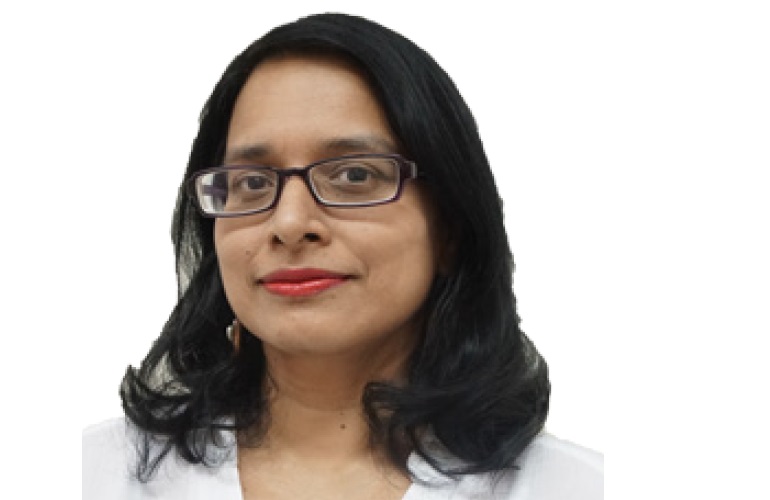My view
When Pope Francis convened the synod in Rome in 2021, he called on the Church to engage in this synod as an opportunity “to become a listening Church, to break out of our routine and pause from our pastoral concerns in order to stop and listen”.
May 20, 2022

By Sandra Ann
What is a synod? It is usually a gathering of bishops that helps the Church to walk together in the same direction. It has been this way for many years.
What then is the role of the laity? Is it just to pray, pay and follow whatever decision Church leaders make?
Has it always been that way? No. Listening was the practice of the Early Church. Whenever there was a problem, the leaders of the Early Church called the entire community and they listened to the entire faithful. This can be seen in the case of the election of Matthias (Acts 1:15-26), the election of the seven deacons (Acts 6:1-7) and in the Council of Jerusalem (Acts 15:1-35).
When Pope Francis convened the synod in Rome in 2021, he called on the Church to engage in this synod as an opportunity “to become a listening Church, to break out of our routine and pause from our pastoral concerns in order to stop and listen”.
So what Pope Francis is advocating is a return to the basics — listening to one another. He envisions the synodal process as “an exercise of mutual listening, conducted at all levels of the Church, involving the entire People of God.” This consultation is possible through communion, participation and mission.
The theme for this synod is “For a synodal Church: Communion, Participation, and Mission.” Pope Francis clearly affirms that this theme can be actualised only through listening and walking together. His intention is to make the Church a listening Church.
That is why, instead of this just being a month-long process, it is a two year one, with time given for everyone — hierarchy, lay faithful, lapsed Catholics, the migrants, those in the peripheries — to listen and to be listened to.
Have we made this a reality in Malaysia? How many of us were involved? How many of us were even aware of this momentous occasion?
The pre-synodal reports prepared by the Malacca Johore Diocese (see Pg 4 of our May 15 issue, The Synod is our faith journey) and the Penang Diocese (see Pg 4 of this issue, Journeying together to live out the synodal process), show that though there were many who were part of this journey, it might not be reflective of the whole diocese. Nonetheless, it is a good start.
The responses collated will not only help the Church as a whole in her planning for the future, but is useful for the local Church too.
There are those who worry — will our voices, concerns be listened to? Will there be something concrete coming out from this consultation process or will it all be a waste of time?
We need to have a sense of ownership in the process at all levels — individual, parish, diocese.
Now we have a clear indication of how serious the work of this synod is. Will we listen to and learn from the wisdom and struggles that come from the peripheries, or will we continue down the path of greater disconnect from the signs of our times? Will this interactive process lead us to become a more attentive, inclusive, and just people of God? Will we listen to each other when it causes discomfort or will we end up after the synodal process having not moved because we neglected to even enter the process?
Only time will tell.







Total Comments:1